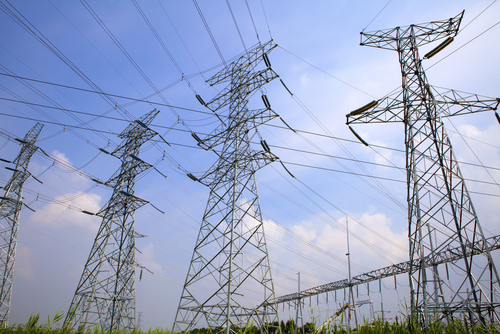Household Bills
Price cap rise sparks jump in energy switching

The number of households that switched to a new electricity energy supplier rocketed in April, new figures from industry body Energy UK have revealed.
It found that a whopping 657,000 households moved to a new supplier, up by 39% from the same month in 2020. It is the second highest monthly number recorded by Energy UK.
So far in 2021, more than 2.1 million customers have switched supplier. This is up by 3% on the same period last year, and slightly ahead of switching levels in 2019 when record numbers moved suppliers.
Emma Pinchbeck, chief executive of Energy UK, noted that the April rise came off the back of a large jump in March too, suggesting that switching was going “from strength to strength”.
She added: “Shopping around to see what’s on offer from your own supplier or on the wider market can help save hundreds of pounds – important as we come out of lockdown and see other costs, like transport and leisure, increase.”
Rising energy costs
It’s perhaps not a surprise that switching has jumped at a time when millions of households face steeper energy bills.
Energy use has inevitably risen sharply over the last year, given so many of us have spent much longer at home than usual. This has stretched beyond those told to work from home, with usual leisure pursuits, from trips to the pub to playing sport, also off the cards for large periods of the last 12 months.
Alongside this, the maximum sums suppliers can charge has also been increased. From 1 April, the energy price cap was raised by £96 to £1,138. This was down to a combination of rising wholesale energy costs and the decision to support energy suppliers whose customers may have been unable to pay their energy bills due to the pandemic.
Around 15 million households are on the default tariffs covered by the cap.
Why switching makes sense
The default tariffs, also known as standard tariffs, are the deals you move onto once your initial fixed or variable deal with your supplier comes to an end. And that transition is seriously costly in its own right ‒ according to the latest figures from energy regulator Ofgem, the average of the five cheapest tariffs on the market in March stood at £914 a year for a typical household. That means moving to a new tariff rather than sit on the standard tariff, you’ll save some significant money each year.
Switching isn’t without its issues though, with around one in four people that moved supplier in the last two years experiencing issues.